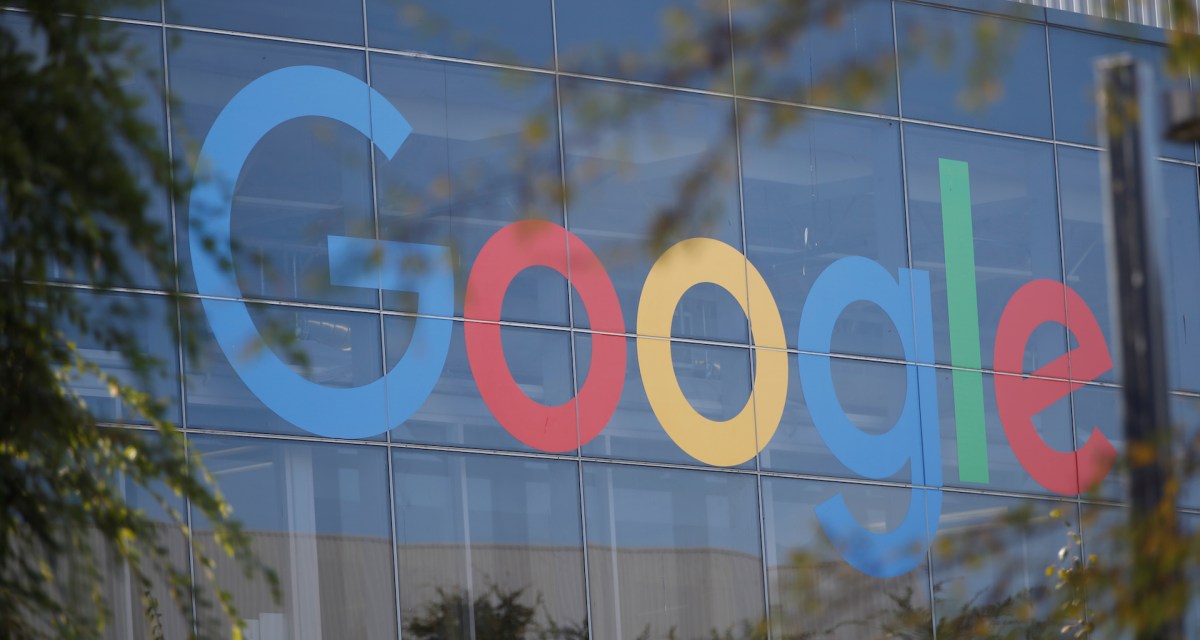Google Public Sector brings in new CEO Karen Dahut from Booz Allen Hamilton

Google Cloud has appointed Karen Dahut as CEO of its government services arm Google Public Sector.
The executive joins from federal contracting giant Booz Allen Hamilton, where she was previously president of the company’s global defense business.
In the new C-suite role, Dahut is tasked with expanding Google Public Sector’s presence in the the federal, state and local government markets and growing its education sector portfolio.
Dahut replaces Will Grannis, who designed and launched Google Public Sector as founding CEO earlier this year. Grannis returns to his role as CTO of Google Cloud at the end of October, when the transition will occur.
“Today, it is my pleasure to introduce Karen Dahut as the new CEO of Google Public Sector,” Thomas Kurian, CEO of Google Cloud said in a statement.
“With more than 25 years of experience in technology, cybersecurity, and analytics, Karen is a highly accomplished executive who has built businesses, developed and executed large-scale growth strategies, and created differentiated solutions across both commercial and federal industries,” said Kurian.
At Booz Allen, Dahut previously led the company’s $4 billion global defense business, which represented approximately half of the firm’s annual revenue. She also served as chief innovation officer and built Booz Allen’s strategic innovation group, which develops new services in cybersecurity, data science, and digital technologies.
Dahut started her career as an officer in the U.S. Navy and served as controller for the Navy’s biomedical research institute.
Google created its standalone public sector division in June as a separate legal entity from Google Cloud operating as its own independent company with a board of advisers to help scale its services to more government agencies nationwide.
In recent years, Google has expanded its public sector presence. At the federal level, it has won large tech contracts on both the civilian and defense sides, including at the Department of Energy, U.S. Postal Service and Department of Veteran Affairs, as well as with the U.S. Air Force, Navy and Defense Innovation Unit.
The tech company recently bid on the Pentagon’s billion-dollar multi-cloud acquisition, the Joint Warfighting Cloud Capability (JWCC), despite dropping out of the running for that procurement’s failed predecessor, the Joint Enterprise Defense Infrastructure (JEDI) contract due to reported ethical concerns.






